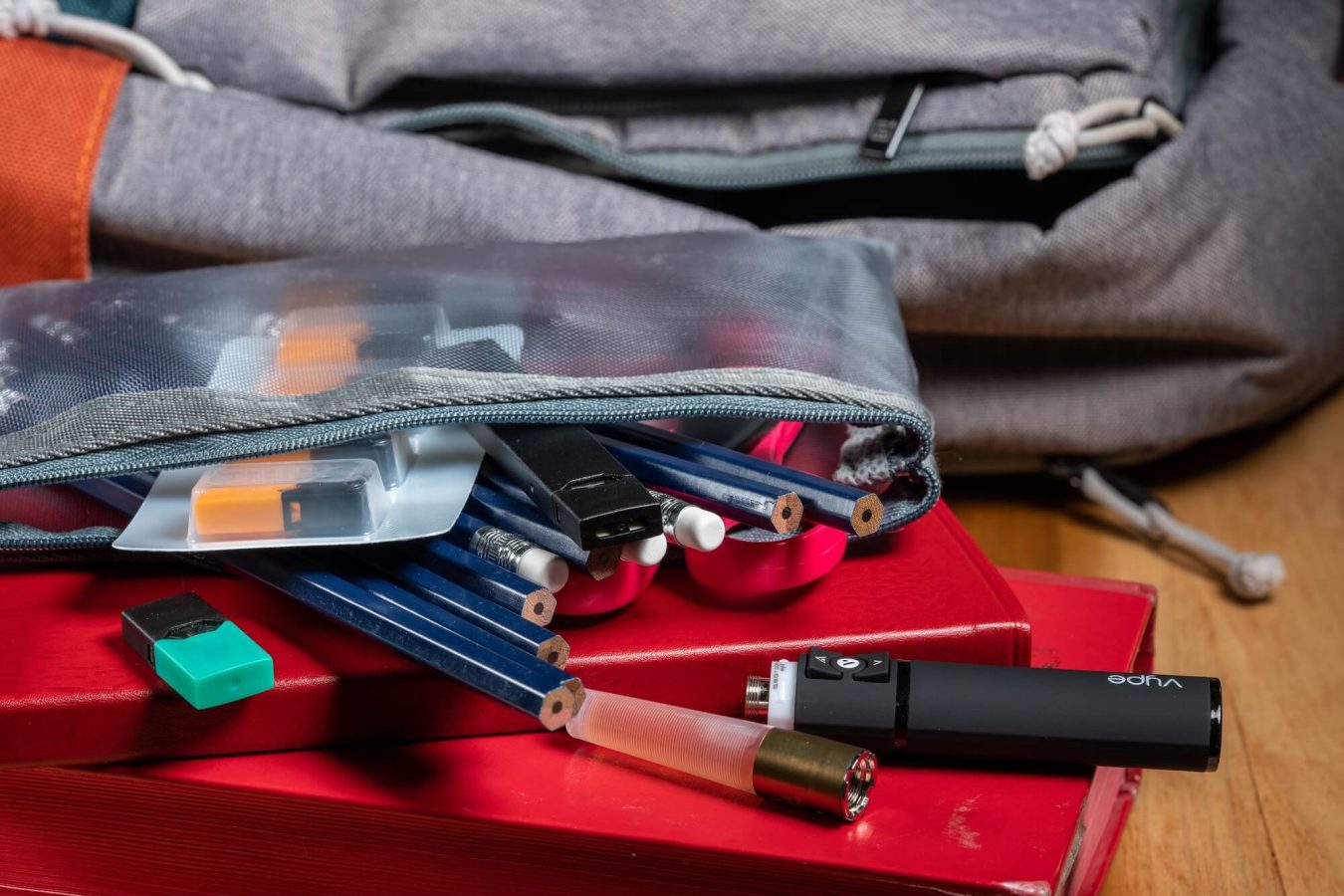
Parents have a vital role in encouraging their children to have a go and not to be afraid of failure, says Dr Heather Schnagl, Principal of Ivanhoe Girls’ Grammar School.
This is an edited extract of the speech by Dr Heather Schnagl, Principal of Ivanhoe Girls’ Grammar School, at the school’s recent Celebration Night.
One of the challenges faced by educators is to envisage what you, our students, who are Australia’s future, will need in the years ahead. I am not talking just about your professional lives, or your capacity to earn an income, but to have truly fulfilling personal lives as active, community-minded global citizens. Consequently, we are not talking about a five or 10-year plan (which is most business’s idea of a long term plan) but trying to imagine more than 20 years into a future that none of us can know.
According to the Committee for Economic Development of Australia, ‘our nation is on the cusp of a new but very different industrial revolution. Technology is going to reshape our workforce in coming years and the nation’s ability to rapidly adapt to technological change and even more importantly, innovate, will be paramount for job creation and our future economic success.’[1] In envisioning the future, some 40 per cent of jobs are at high risk of automation, but this will not affect all jobs equally. Those least likely to be impacted are effectively those which genuinely add value, especially involving interpersonal skills.
Recent research has reviewed what Australian businesses are seeking when recruiting staff now. Whilst each career will require specific technical skills, these will need to be developed and enhanced throughout a person’s career and hence, the ability to not only learn, but to learn how to learn, and to take personal responsibility for this will be essential. In addition, employers are currently looking for skills in problem solving, financial literacy, digital literacy, teamwork, cooperation, curiosity and communication skills but … what about 2021, 2026; even 2036?
In the recent Foundation for Young Australians report[2], Jan Owen describes what she classifies as enterprise skills which the Foundation believes will enable young people to engage with the complex world in which they will live. Besides the skills desired today, critical thinking, communication skills, creativity and presentation skills will be essential.
To these I would add innovation, initiative, time management, work ethic, adaptability, flexibility, resilience, agility, entrepreneurship and even risk taking and willingness to fail. Critical, but often omitted, are the interpersonal skills required to build effective relationships, to listen to the ideas and views of others and the ability to negotiate an effective way forward. These are sometimes called ‘soft skills’ but this is a misnomer as they are absolutely vital, and good interpersonal skills will enable young people to flourish in a complex and changing world.
All of this, however, needs to be in a moral and ethical framework supported by strong values.
Through our broad curricular and co-curricular program, Ivanhoe Girls’ is helping our students to develop their skills in all these areas. This is not just about specific subject skills although these are extremely important and a great deal has been written about the importance of STEM [Science, Technology, Engineering and Maths] or STEAM [plus the Arts] as design principles are also key for future careers and which I spoke about last year, but the most important skill a student can learn is how to learn.
My ISV Harvard Leading Learning that Matters program has seen the introduction of SOLO [Structure of the Observed Learning Outcome] taxonomy throughout the school.
[This] is about what students should learn, how best staff can help them learn, and not just superficially but the deep learning which is the truly transferrable learning and how students can learn to take responsibility for their own learning, which is of course our ultimate goal to help them flourish in their future lives.
Whilst we have a high proportion of students studying STEM/STEAM-based subjects which will form a great basis for their future careers, our next challenge is to help our students become more independent, be more prepared to take a risk and have a go, both as individuals and as a group of learners, rather than being reliant on assistance.
It is through having a go and especially making mistakes and learning from these, that we learn the best.
Our girls do this extremely well in a variety of co-curricular activities where they totally run the activities, such as the House Performing Arts Festival … but as yet, some students are still not prepared to apply the same approach to their academic studies.
This may be due to students’ belief that achievement is what their parents and society value most. Recent US research[3] that was presented as part of my recent Harvard visit found that whilst parents most wanted their children to become caring adults, their children actually heard a different message – they heard that achievement was most important. This is despite parents believing that caring was four times more important than achievement. Undoubtedly this perceived pressure to achieve is contributing significantly to increasing student anxiety, a global problem.
This achievement focus, which manifests as a fear of failure is actually counter-productive to students’ readiness to learn. Fear of failure actually holds us back – it is through failure that we genuinely learn. Real learning requires the learner to be vulnerable and to recognise our areas for growth. The word ‘mistakes’ is such a misnomer – they are genuinely opportunities for growth and should be our most valuable learning times. Seeking help with our mistakes, after having a go ourselves, is a real sign of readiness to learn.
Parents have a vital role in encouraging their children to have a go and not to be afraid of failure.
Encourage your daughter to see what she really can do and celebrate her struggle.
Contrary to the views of many, marks or grades are not the most important thing, it is the struggle and the effort involved in learning that should be the focus of celebrations. I encourage you to remember the research of Professor Carol Dweck (Stanford University) who has shown that we can grow our capabilities through challenges and that the most important word is ‘yet’ – I haven’t mastered this yet and perhaps even more importantly, that true happiness is a byproduct of the struggle!
Currently, however, Year 12 academic results still have a role in the selection into tertiary courses but their importance is already declining significantly, both here and globally, including at the most prestigious US universities. Only 30 per cent of tertiary places in Victoria are now offered on the basis of students’ Year 12 results, with other factors, including interviews, aptitude tests, folios, broader community service and students’ resumes assuming a much greater importance in the selection process.
It is really exciting that what educators have known for a long time, that student involvement in a broad co-curricular and service program, is vitally important in helping to develop so many skills which are invaluable in their future lives, is now becoming recognised for tertiary selection purposes.
Learning at Ivanhoe Girls’ is a truly holistic learning experience and it is really important that girls embrace the opportunities available to them to take a risk, grow and develop.
[1] Australia’s Future Workforce. CEDA, June, 2015.
[2] Jan Owen AM, The New Work Order Report, Foundation for Young Australians, 2016.
[3] Dr Richard Weissbourd personal communication.


